“I have depression.”
The words that end it all.
“How can you claim depression when you’re so fortunate?”
I was stumped, and I didn’t know what to say. My silence was enough; I told her to get out and she left.
I would often hear “How are you depressed when you have all these nice things?” or “How dare you? I’d appreciate this if I were you.” The words haunted me as I thought they were right; I had no right being depressed.
I felt the true meaning of being alone. I lost all of my closest friends and I was in desperate need of new ones. Moving to Lewisville and leaving all of my childhood friends took a massive toll on me. I had a hard time finding a group of people I could call friends.
My so-called friends were the main critics of my mental health. My sophomore year was the first time I had received this particular criticism. I couldn’t understand being discriminated based on the value of material objects.
After “joining the right group,” I thought they accepted me for who I was, depression and all. And they did, until they found out I wasn’t who they thought I was.
I invited those who I thought cared about me, regardless of my financial status, to my home. I mistakenly believed they would look past the expensive possessions of my life and remember how I truly felt.
What they saw was wealth, and I felt the weight of doubt and hatred upon me. It began to sink me further into depression as they continued to judge me. They saw me as the wolf in sheep’s skin as I continued to pull the wool over their eyes.
After constantly explaining to my friends that material items didn’t help me escape the endless call of depression, I couldn’t help but think how I never judged my friends based off of what they had.
So why would they ever do that to me?
They never saw me as one of them after that day. Everything I’d say was considered first world problems.
“Oh, the rich girl is upset again,” they would say jokingly. My complaints and problems were trivial to them.
I thought they cared about me, they didn’t. I wanted them to be my real friends and help me when I was going through a hard time with my mental health. They saw I was vulnerable and took advantage of it. I bought them food and clothes and let them borrow money. All I wanted was friendship and acceptance.
They were toxic and they used me.
My middle-class status had a higher value to them and they reminded me every chance they had. I wanted to be heard, but they drowned my problems with rude remarks.
“You have money, who cares?”
I knew that, but I’d rather have friends and be happy. They didn’t understand money didn’t make me happy, it didn’t take me out of my depression. It dragged me back to it.
“Really, you’re complaining when you live in a house with a flat-screen TV?”
I would have given away my TV if it meant true happiness. I just wanted acceptance, I wanted to rid myself of depression.
The slander went on for a few months, but I eventually decided I couldn’t handle the toxicity radiating from the people I called my friends and the unbearable weight of depression.
I had to let one go.
I didn’t talk to that group of people the next year of high school. I talked to a few acquaintances in the hall, but overall, I was a loner. I continued to stomach the pain of loneliness until now.
Some of my former friends apologized for the mental scars they left on me during that year. Of course, I forgave them, and although they hurt me, I’m grateful they no longer treat other friends like this.The rest of my high school experience was significantly better without my closest “friends” constantly putting me down for owning a flat-screen TV, having an iPhone or simply buying clothes in the mall.

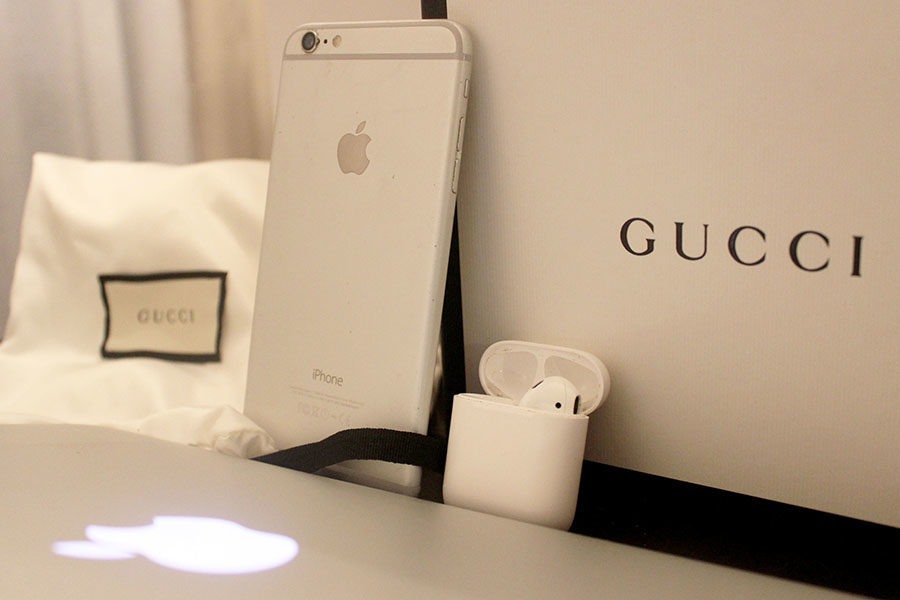

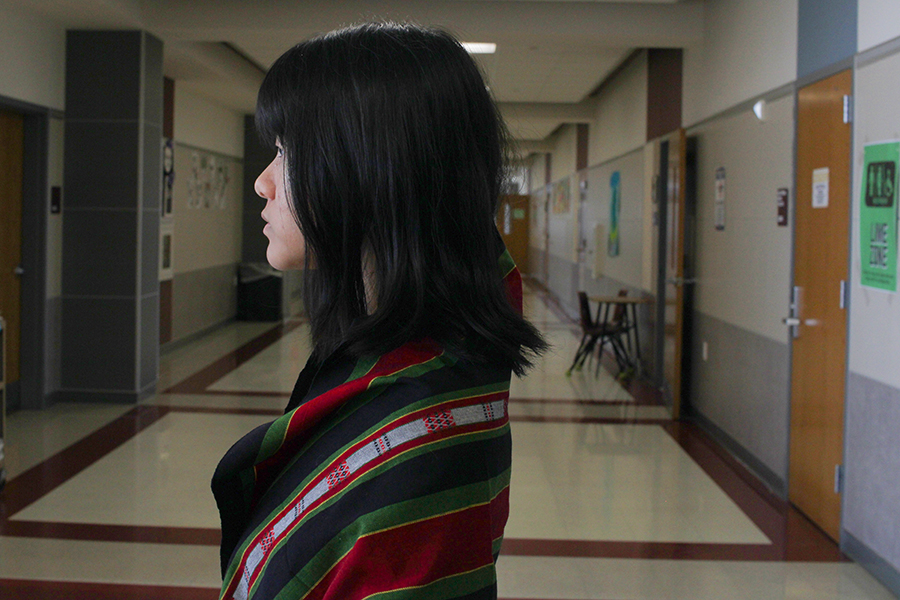
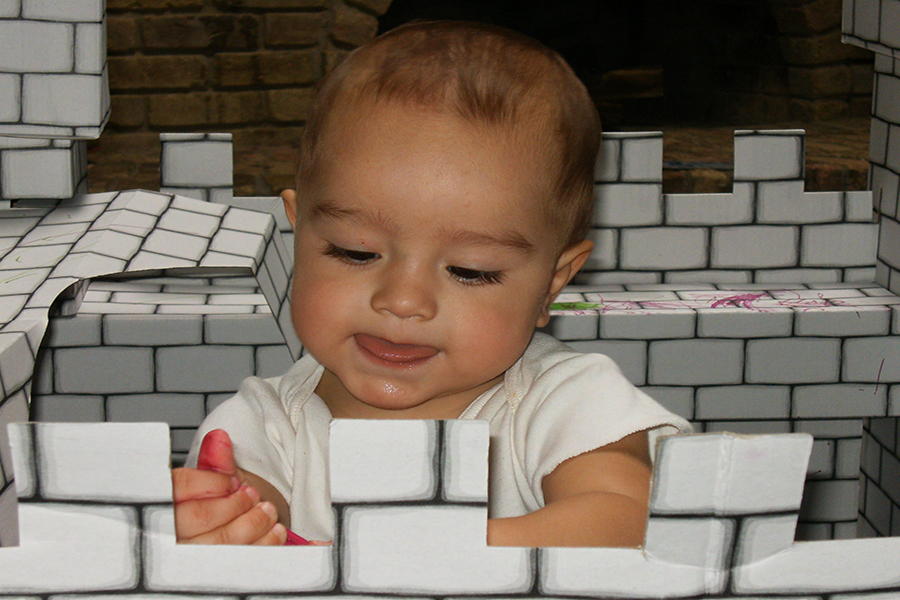


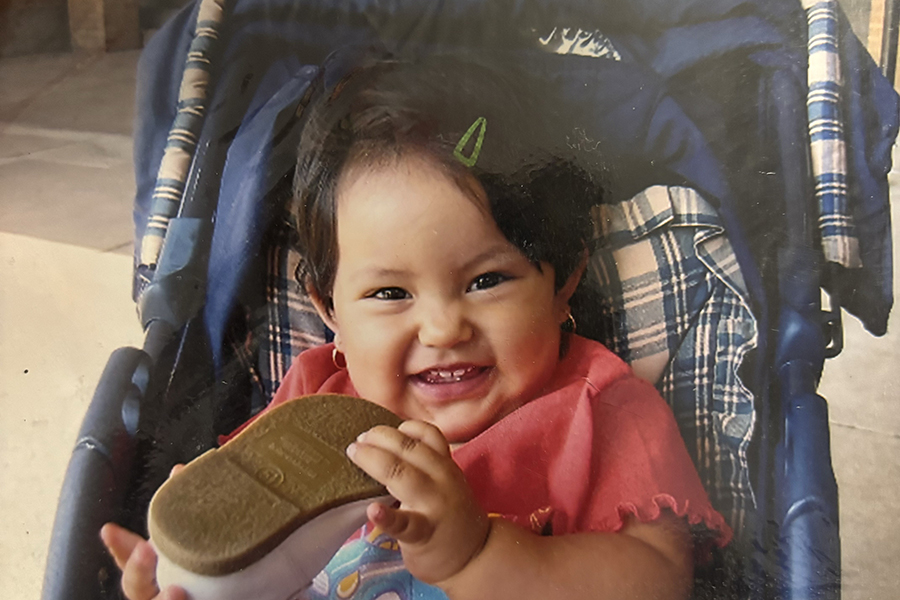
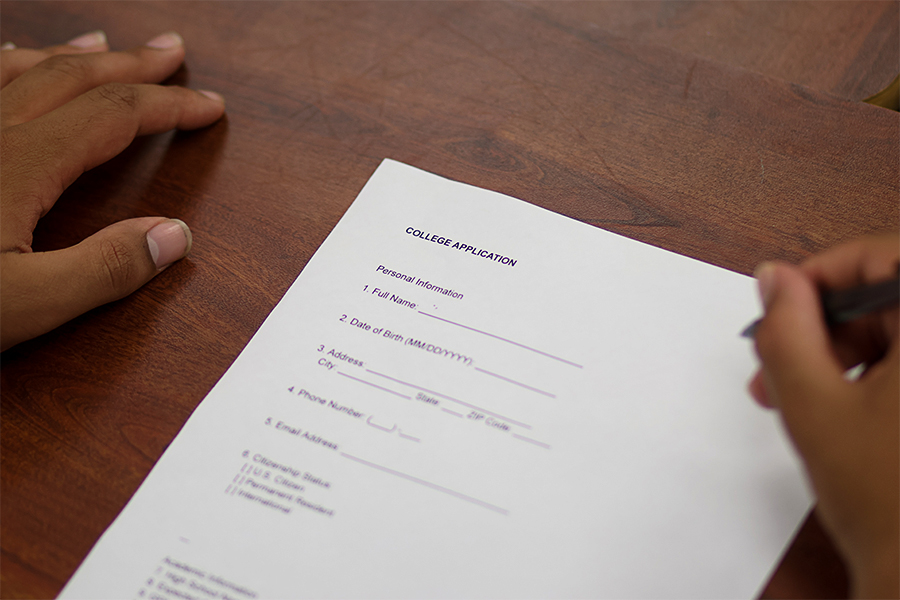
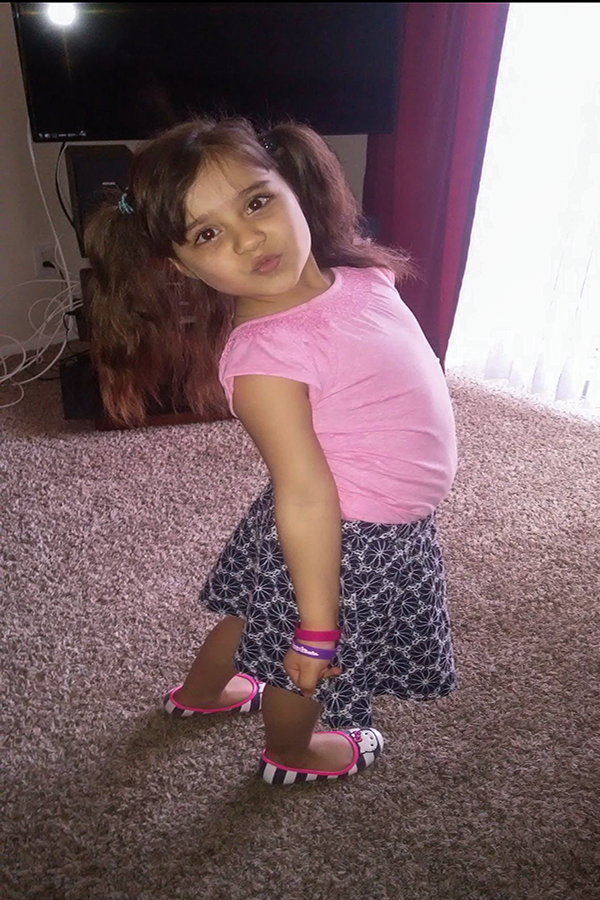
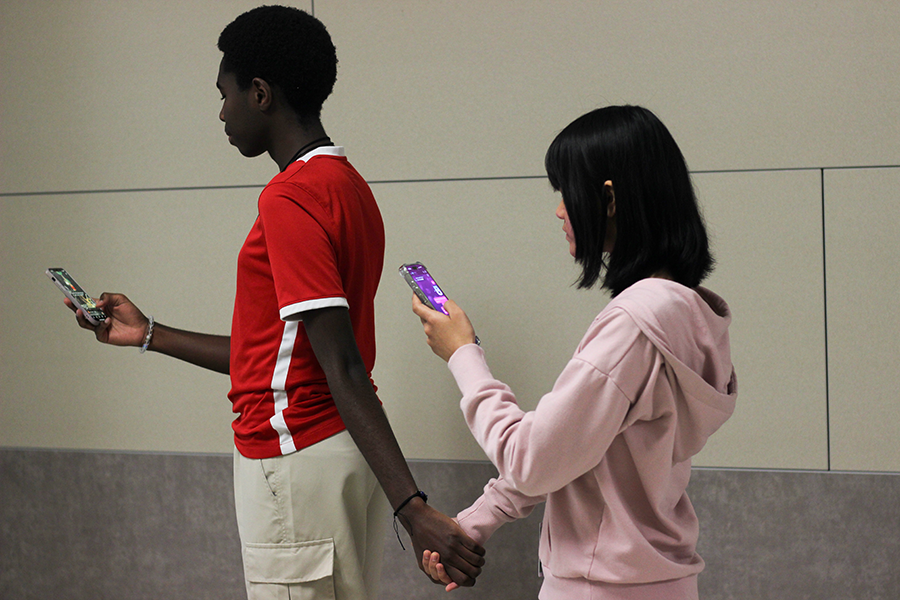
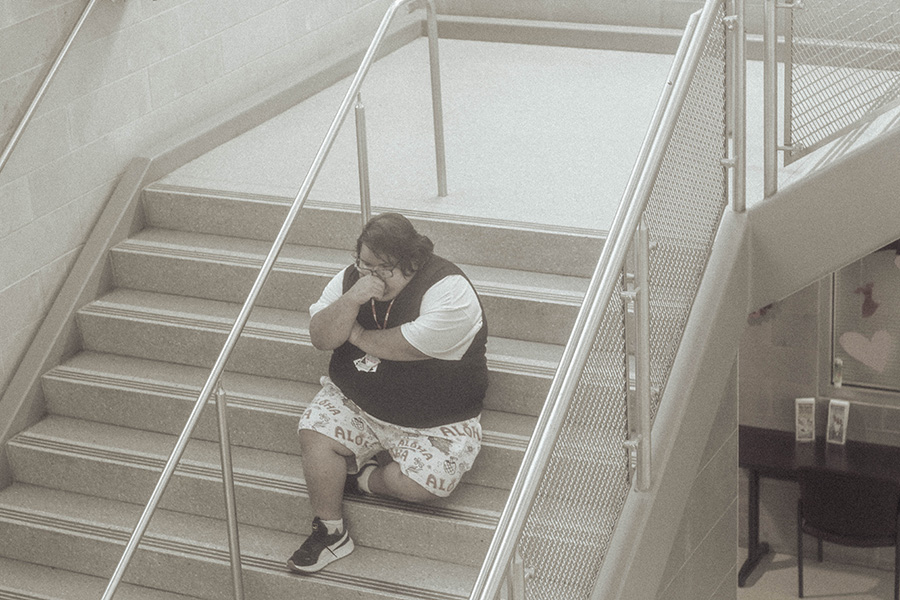
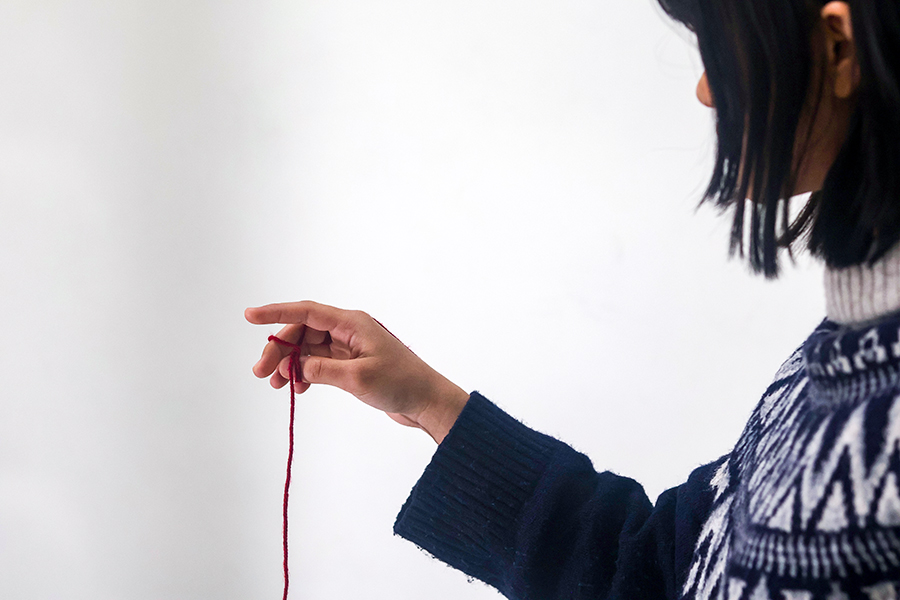
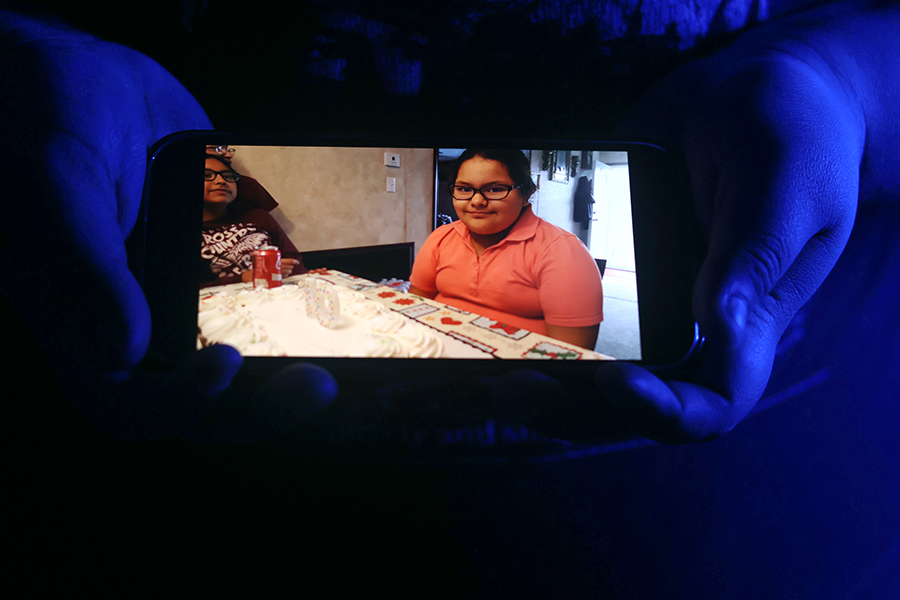

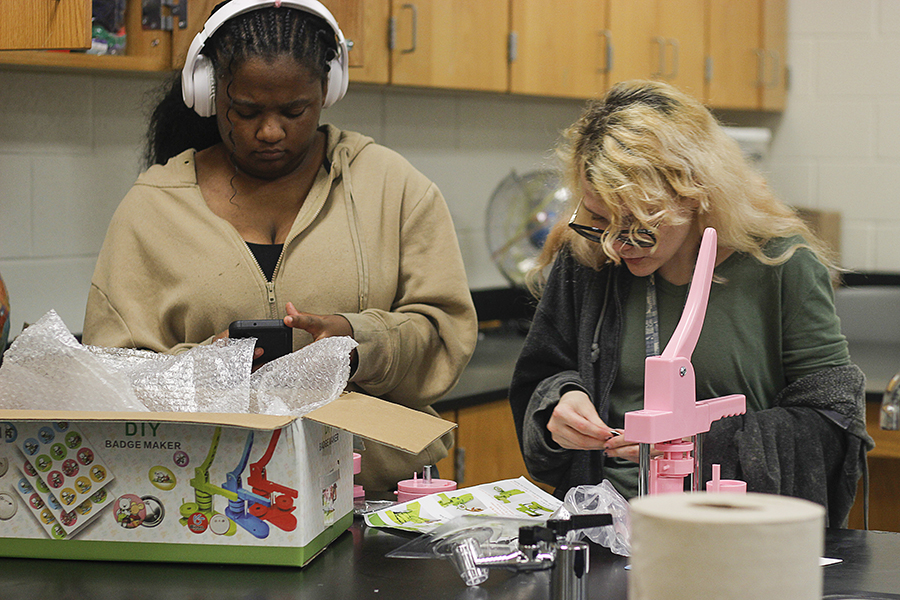
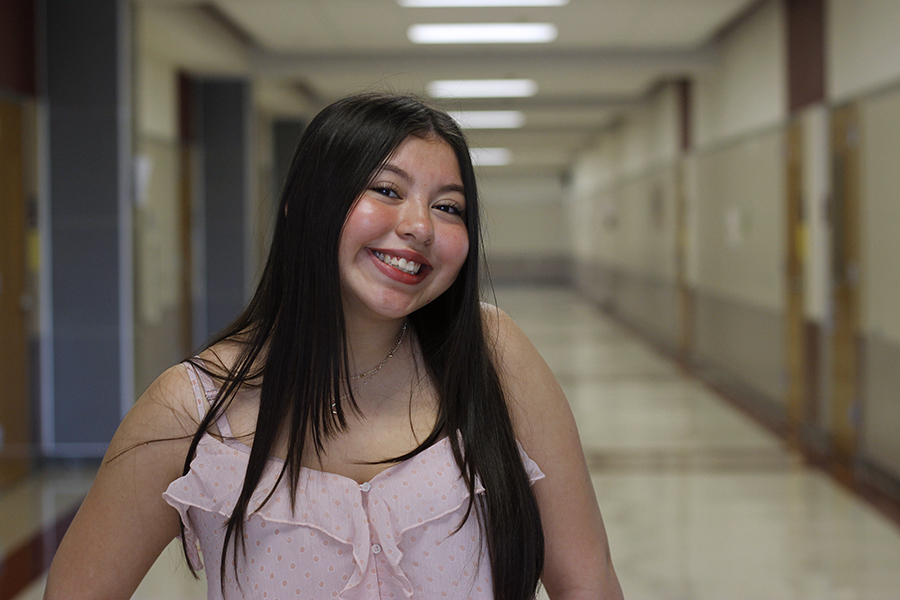



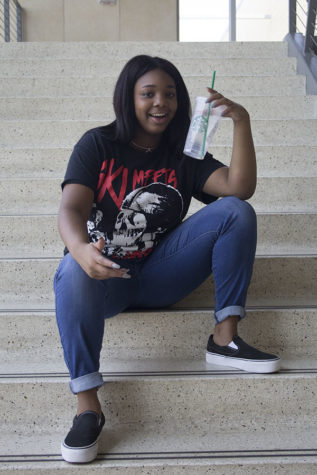
Garrett Hicks • Dec 4, 2018 at 5:37 AM
Hi, I don’t know if you’ve gotten more friends since all this happened, but whether you have or haven’t I’d love to be your friend.